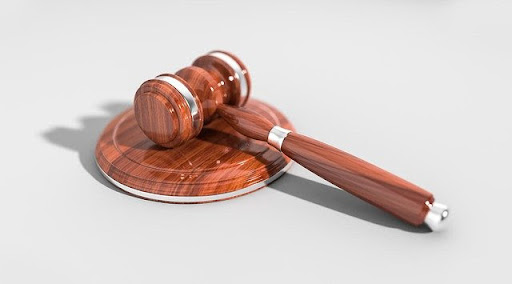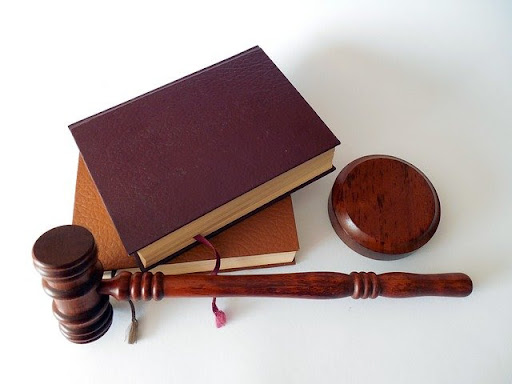What is juvenile law? It can be difficult to tell sometimes. There are federal laws, state laws, and city ordinances that all deal with juvenile law in their own ways. This article will explore the juvenile justice system and what you need to know about juvenile law if you find yourself in trouble with the law.
What is juvenile law?
Juvenile law can be confusing because it is not just one thing. There are juvenile laws that deal with federal issues, state issues, and city ordinances. Juvenile laws also encompass juvenile justice, which deals with the system of juvenile courts in different places that have jurisdiction over juveniles from age birth to 18 years old. The juvenile court can impose a sentence of juvenile incarceration, juvenile detention, or juvenile probation as well.
Why it’s important
Many people in the juvenile justice system are not aware of their rights. Juvenile courts can impose a sentence on juveniles that is more severe than what an adult would receive for the same crime. It’s important to understand your juvenile law because you don’t want to be sentenced unfairly just because you’re under 18 years old and are not aware of your legal rights.
You want to make sure that your rights are protected, and you’re not being given a more severe sentence than what an adult would receive for the same crime just because you haven’t been informed on how juvenile law works in your area.
The juvenile justice system includes shelter care facilities, which are called group homes. These placements offer temporary living arrangements for minors who were not charged with a major felony, but may still pose some danger to society at large.
Juvenile correction programs provide intensive supervision and rehabilitation programming without isolating youth from their community. Juvenile detention centers serve this purpose on a short-term basis while awaiting trial, so they don’t walk free after being accused of a crime.
Rules and regulations of juvenile law
Juvenile law is difficult to understand. It can be hard for juvenile courts to determine if a juvenile should receive less or more punishment than an adult would get for the same crime because juvenile law varies by city and state, so you might find yourself in trouble with the law when it’s not clear what your rights are, how juvenile justice works where you live, whether juvenile incarceration or detention centers are right for you, etc.
You want to make sure that juveniles have access to quality legal representation before they’re sentenced unfairly instead of just relying on their public defenders who may not have enough time to dedicate all of their attention towards one individual case, especially since there could be hundreds coming through the doors every day while trying to meet deadlines set forth by these juvenile courts. A juvenile crimes defense lawyer in New Jersey noted that it would be best to consult a legal expert who has experience working in juvenile court cases and can help you understand your rights, what juvenile incarceration entails, or where juvenile detention centers are located so that you’re not sentenced unfairly.
It’s also worth noting that there are public defenders available if you cannot afford private representation, but they may not have time to dedicate all their attention towards one individual case, meaning it’s still important to find legal counsel as well.
The difference between delinquency and dependency cases in juvenile law
The main difference is that juvenile delinquency cases typically refer to criminal offenses and juvenile dependency law usually refers to when a juvenile could be removed from their home due to abuse, neglect, or abandonment.
One of the main reasons why juveniles would end up in juvenile detention centers is because they committed crimes, but not all juvenile offenders are found guilty, which means there’s the possibility that some juvenile detainees might actually get released depending on how much evidence has been collected by investigators pertaining to specific charges.
Best interests of the child in a case involving juveniles
In this situation, it’s important to consider the best interests of the child because they are going through a difficult time and need someone who is looking out for them. Juvenile detention centers offer these services, which means that juveniles in juvenile delinquency cases might be sent there if evidence suggests that their home life has been unstable or something else happened where removal from their family may not put them at risk.
If you’re still witnessing behaviors like substance abuse, aggression towards others, etc., then juvenile incarceration should be considered as an option instead of juvenile correction programs.

Juvenile law is a broad term that encompasses many different kinds of cases. Knowing the difference between dependency and delinquency cases can help you understand how to apply it in your own life. We hope we’ve been able to explain some of the basics of juvenile law.
Published on Holr Magazine


